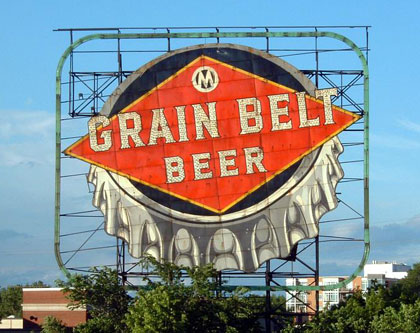A dispute between Lagunitas Brewing Co. and Sierra Nevada Brewing Co. that flashed in the public arena on Tuesday basically ended later in the day.
Posting on Twitter, Lagunitas founder Tony Magee wrote, “Today was in the hands of the ultimate court; The Court of Public Opinion and in it I got an answer to my Question; Our IPA’s TM has limits.”
On Monday, the California brewery took Sierra Nevada Brewing Co. to court, claiming the brewery’s logo on its new Hop Hunter IPA violated Lagunitas’ trademark. As part of the lawsuit, Lagunitas was seeking a temporary restraining order to block Sierra Nevada’s use of the Hop Hunter design. The case was scheduled to be heard Jan. 20 in an Oakland courtroom in the U.S. District Court for the Northern District of California, according to online records.
After the suit became public on Tuesday, seemingly every human on earth that has ever drank a beer from either of the breweries posted an opinion on some social media site. Some supported Lagunitas’ right to defend its trademark, but Magee obviously saw overall opinion was on the side of Sierra Nevada.
Before announcing he would drop the suit on Wednesday, he also tweeted, “Today, January 13th 2015, has been the worst day ever in 23 years of growing my brewery. Worst. Growing a biz involves defending a biz…”

